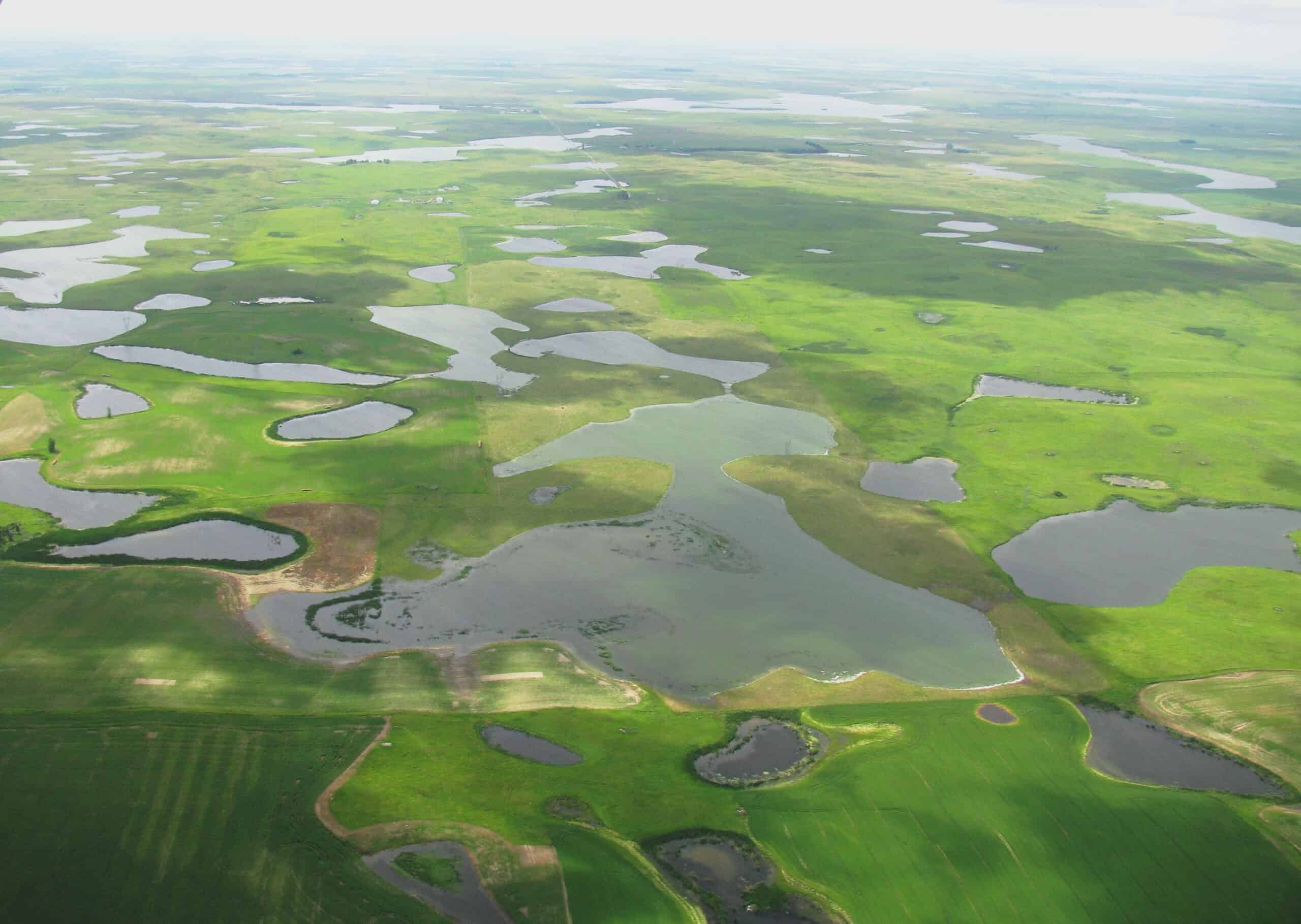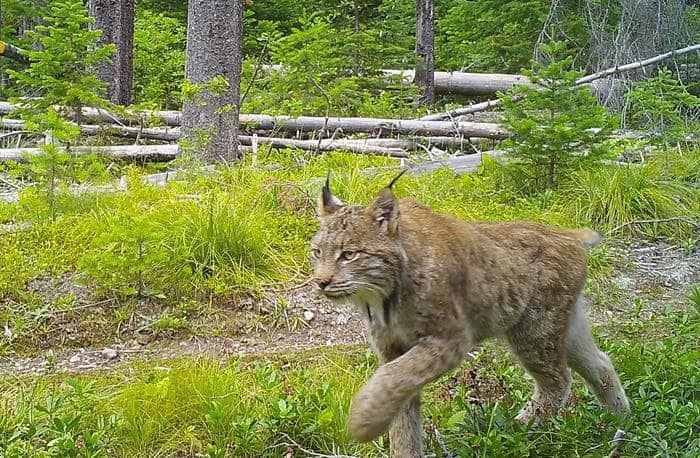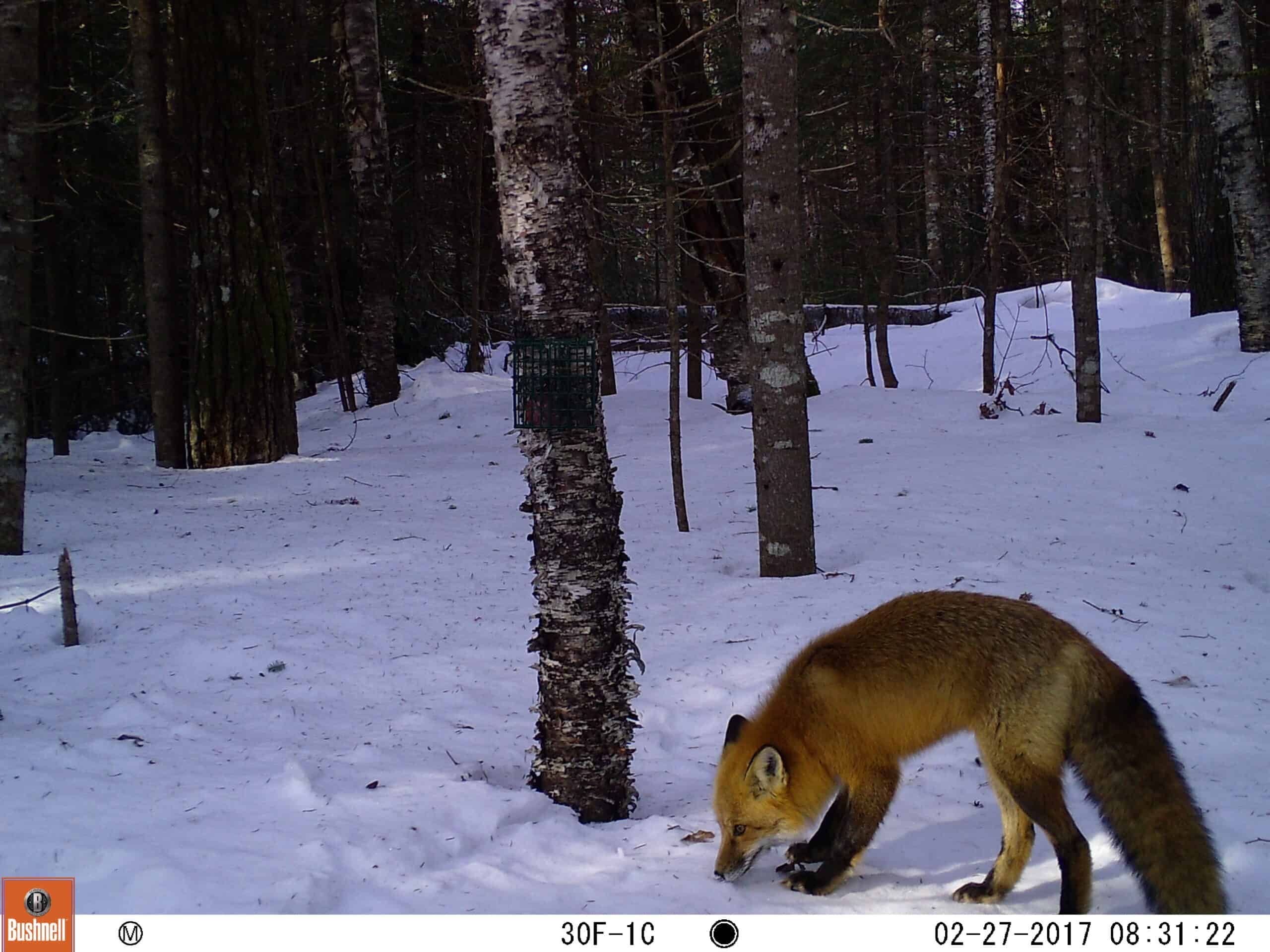Share this article
U.S. government sets out on first-ever assessment of nature
The effort seeks dozens of authors to contribute to a 2026 report
The U.S. government is embarking on a first-ever effort to gauge changes in nature in the country, amid a warming climate, growing urbanization and other factors that are transforming the natural world.
As they set out on this National Nature Assessment, officials are seeking insights from people who have witnessed these shifts happen on the ground. That includes experienced professionals with decades of datasets, young people with an eye on the future, Indigenous knowledge holders and others who have watched the natural world around them change.
“The reality is, we just don’t have a full picture of what’s happening with nature across the U.S.,” said Phil Levin, the assessment’s director, in an online presentation to NOAA Fisheries staff.
A former senior scientist at NOAA Fisheries, Levin is a professor of practice in environmental and forest sciences at the University of Washington and a lead scientist at The Nature Conservancy in Washington state. He is “on loan,” he told NOAA Fisheries, to the White House Office of Science and Technology Policy to steer the project.
“We don’t fully understand how nature is changing in the future for our children and our children’s children,” he said. “That’s really the genesis for the first-ever National Nature Assessment.”
The NNA is intended to be an interdisciplinary effort to understand the role that nature—in many forms— plays in people’s lives and how natural systems are changing. A final report is expected to be released in 2026, with dozens of authors and contributors lending their expertise to a variety of topics:
- Assessment approach of NNA1
- The Status, Trends and Future Projections of Nature in the U.S.
- Status, Trends and Future Projections of Drivers of Change of Nature in the U.S.
- Nature and Equity
- Nature and Human Health and Wellbeing
- Nature and Its Relationship to Cultural Heritage
- Nature and Safety and Security
- Nature and the Economy
The project is seeking experts in fields ranging from conservation biology to environmental social science to environmental justice. A November notice in the Federal Register asks for nominations by Jan. 4.
“That’s really the engine of this whole assessment—the many, many authors from agencies and academia and beyond,” Levin said.
The effort followed an executive order by the Biden administration commemorating Earth Day 2022, which called for an assessment of the state of nature in the U.S. It’s being led by the U.S. Global Change Research Program, best known for its National Climate Assessment, a periodic report to Congress on the effects of climate change in the country.
In addition to its scientific components, Levin intends to include success stories and accounts from people in their own words.
“It is an assessment that is not just a compilation of data and trends but really focused on what are the needs of people,” Levin said.
For more on the assessment, or to make a nomination, see the notice in the Federal Register.
Header Image: The iconic landscapes of the Prairie Pothole Region are among those facing dramatic changes in the U.S. Credit: USFWS








